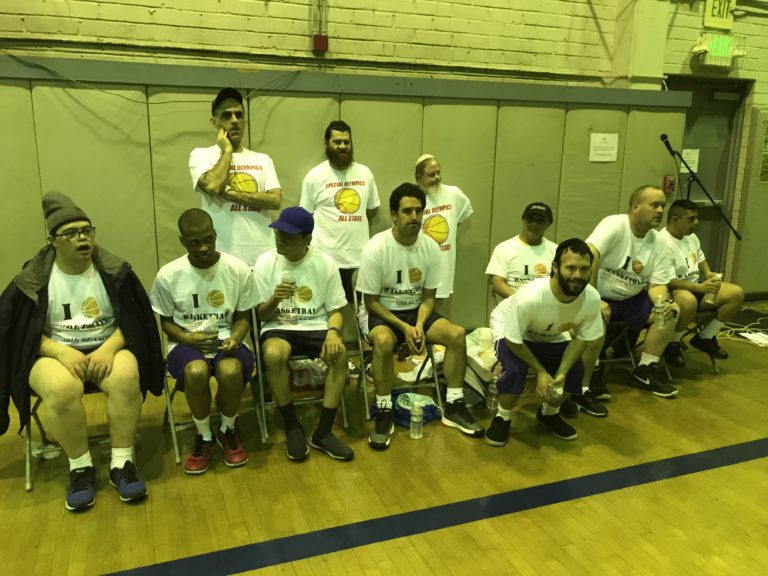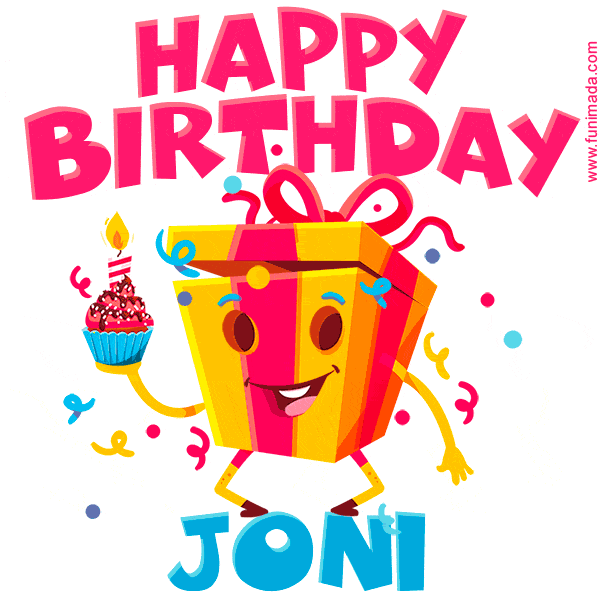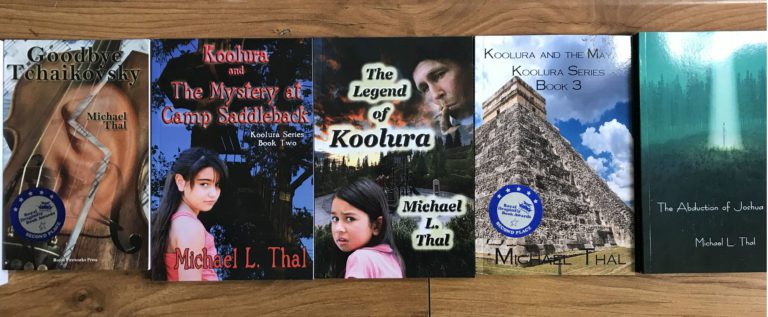My Experience with Our Way
I first met Rabbi Eliezer Lederfeind, the hearing son of deaf parents, soon after my hearing loss. Back in the day before email, I received a postcard from him via snail mail offering a Shabbataton where other young Jewish adults my age were planning to spend Shabbat together. Lonely, and trying to meet other deaf adults, I decided to go.
Rabbi Lederfeind greeted us in the chapel at a synagogue in the Pico/Robertson area and told us what to expect over the weekend—prayer on Friday evening, a wonderful Shabbat dinner, and Israeli dancing. I quickly found out that their signing skills were much better than mine, but I hung in there and really enjoyed myself.
As a young man, Lederfeind attended Yeshiva Gedolah in Pittsburg near the Western Pennsylvania School for the Deaf (WPSD). He took over the Jewish Studies Program at WPSD for over two years and realized that because of access barriers, it was difficult for deaf Jews to maintain and stay connected to their Judaism. In a school of several hundred, there were six Jewish deaf students, each at a different level and Lederfeind instructed them all.
When he returned to New York City he contacted the National Conference of Synagogue Youth (NCSY), the nationwide youth group of the Orthodox Union and volunteered his services to organize deaf teens under the NCSY umbrella.
In 1969 his personal project, Our Way, an outreach program for Jewish Deaf evolved into a full-time commitment. They sponsor Shabbat retreats, sign language publications, services, and resources for the deaf and hard of hearing community. I joined the program, attending Shabbatons and events and had a wonderful time meeting other deaf Jews and learning new songs and dances.
Lederfeind, the father of two deaf daughters, has his thumb on the pulse of deaf Jewish youth and knew they wanted access to educational classes and programs with at least interpreters, and captions. This past year Our Way organized Shabbaton events for the deaf and hard of hearing communities in Brooklyn and St. Louis with between twenty and fifty people in attendance and for the first time this past June they held a Shabbaton in Maryland for the deaf blind community.
Lederfeind says, “After Shabbos candles are lit, we have a ‘Beginners Minyan,’ which introduces participants to the concept of Shabbat. Several short prayers are said. The entire program is in sign and oral. The service is followed by a Shabbos meal and Torah session. The next morning, the deaf group joins the hearing congregation. The [Saturday morning] service is interpreted in ASL.”
Our Way also offers seminars, workshops, and a newsletter to support parents, working closely with Jewish schools to provide educational materials, consulting and guidance to ensure that deaf and hard of hearing students have access to a Jewish education. As deaf young adults prepare to enter the workforce, Our Way offers a network of support services consisting of computer classes and job placement. Counselors are available to coach young men and women how to maximize their chances for success.
Since many deaf Jewish individuals typically identify first as deaf and secondarily as Jewish there is a very high incidence of intermarriage. Consequently, the Jewish Deaf Singles Registry, an offshoot of the Our Way, was established to provide more opportunities for Jewish singles to meet and date.
Our Way has opened doors for the deaf and hard of hearing communities in many areas of life—religious, social, educational, and vocational. Lederfeind says, “Jewish deaf are part of Deaf Culture. They want a separate but equal connection with the Jewish community.”
For more information about Our Way you can visit their website: https://www.yachad.org/services/our-way.
Michael Thal is the author of The Lip Reader, a novel about a deaf Jewish woman from Iran.






